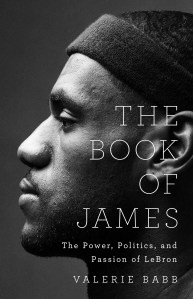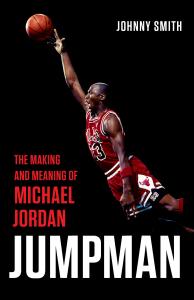Basketball Legends Sweepstakes

LeBron James is the hero in two very American tales: one, a success story the nation loves; the other, the latest installment in an ongoing chronicle of American antiblackness. He’s the poor boy from a “broken” home who makes good. He’s also the poor Black boy from a “broken” home who makes good, then at the apex of his career finds “n*****” spray-painted across the gate to his home.
James has lived in the public eye ever since high school when his extraordinary athletic skills subjected his every action, every statement, every fashion choice to intense public scrutiny that tells us less about James himself and more about a nation still wrestling with many social inequities. He uses his celebrity not to transcend Blackness, but to give it a place of cultural prominence, and the backlash he receives exposes the frictions between Blackness and a country not fully comfortable with its presence. As a result, James’s story is a revelatory narrative of how much Blackness is loved, hated, misunderstood, and just plain cool in an America that has changed and yet not changed at all.
To become the most revered basketball player in America, it wasn’t enough for Michael Jordan to merely excel on the court. He also had to become something he never intended: a hero.
Reconstructing the defining moment of Jordan’s career—winning his first NBA championship during the 1990-1991 season—sports historian Johnny Smith examines Jordan’s ubiquitous rise in American culture and the burden he carried as a national symbol of racial progress. Jumpman reveals how Jordan maintained a “mystique” that allowed him to seem more likable to Americans who wanted to believe race no longer mattered. In the process of achieving greatness, he remade himself into a paradox: universally known, yet distant and unknowable.
Blending dramatic game action with grand evocations of the social forces sweeping the early nineties, Jumpman demonstrates how the man and the myth together created the legend we remember today.

